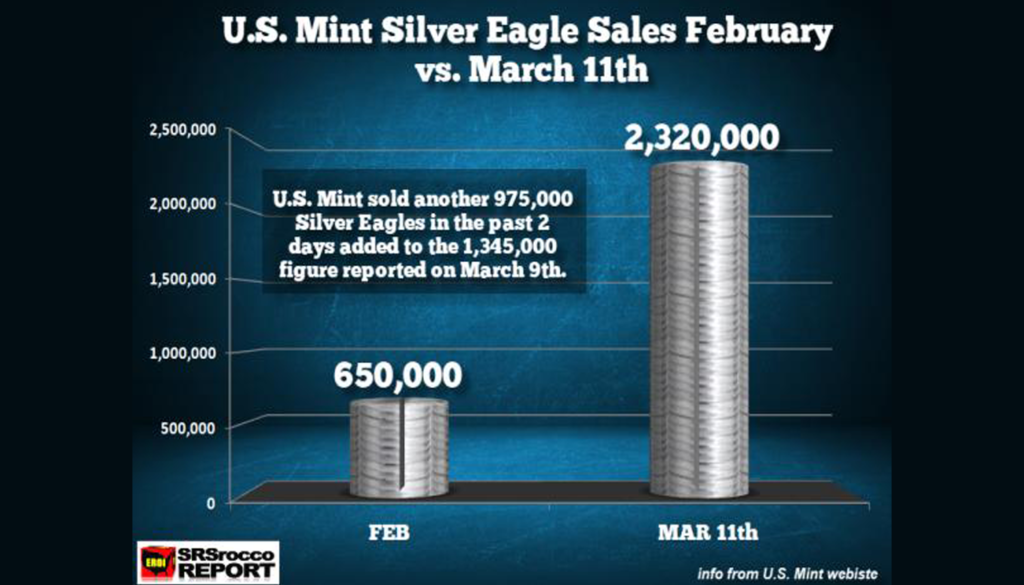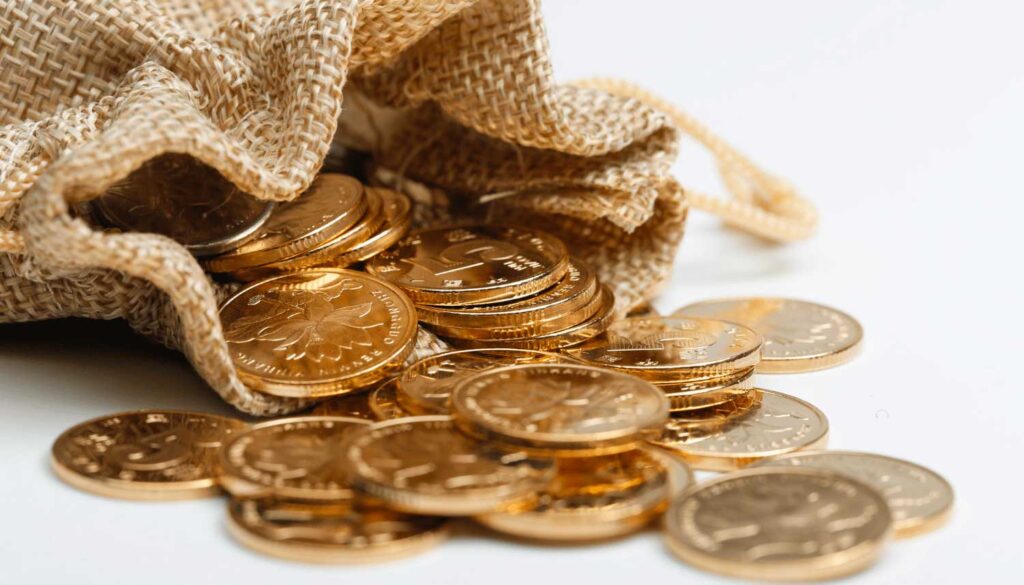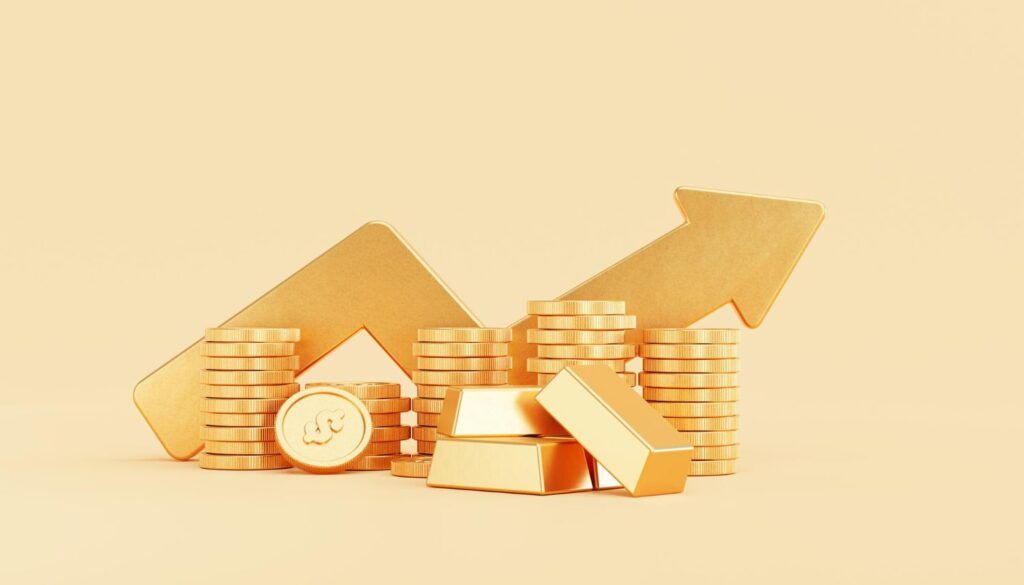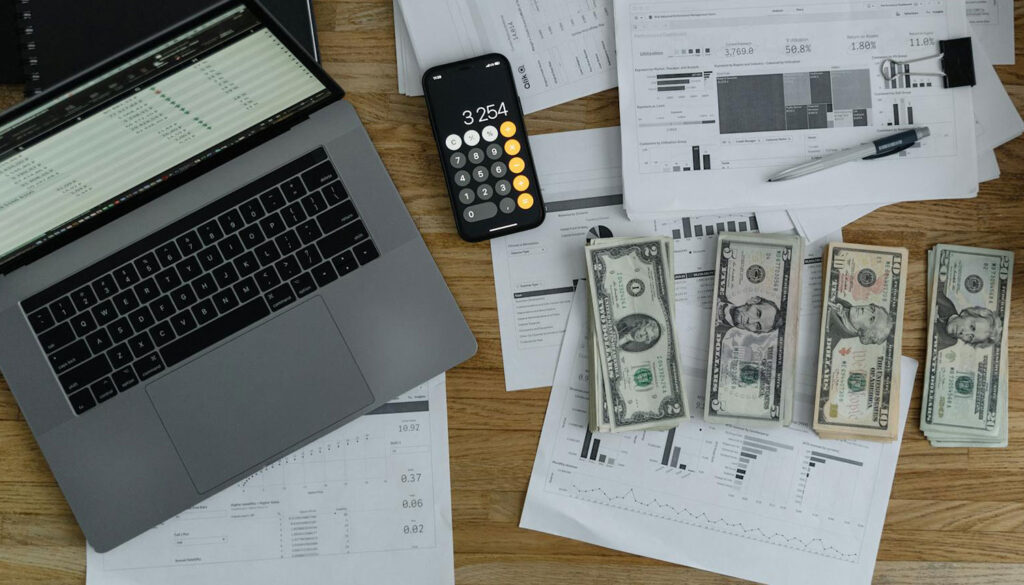(Reuters) – Gold vaulted above $1,700 an ounce for the first time on Monday after pledges by the G7 and the European Central Bank to quell the turbulence in the financial markets did nothing to put investors at ease.
Traders said the ECB had made good on its promise to tackle the euro zone debt crisis by widening its bond-buying program to include paper from Spain and Italy but the move was not enough to allay deep concerns.
Friday’s downgrade to the quality of U.S. sovereign debt by ratings agency Standard & Poor’s had been widely anticipated, but its longer-term impact on anything from mortgage rates to the economy was unclear.
Spot gold was set for a second consecutive daily trading rally, up 2 percent from Friday at $1,696.56 an ounce by 9:42 a.m. EDT, having hit a record $1,715.01 earlier and having traded at all-time highs in sterling and euros.
“We are so much more reliant now on what our macroeconomists are telling us. They had a view that we wouldn’t be moving back into recession and that growth would accelerate into next year, but events are changing quite quickly,” said Deutsche Bank analyst Michael Lewis.
“The main beneficiary will continue to be gold,” he added.
Investors have bought more gold in the last month than in the prior six months, judging from the increase in open interest on COMEX for speculators and money managers, as well as inflows into exchange-traded products. According to data from the Commodity Futures Trading Commission, which collects information on holdings of futures and options, and to exchange traded product collected by Reuters, investors bought more than 18 million ounces of gold in the last month alone.
This corresponds to around 30 percent of total identifiable investment demand in 2010, and compares with about 8.4 million ounces in the year to early July. Saxo Bank senior manager Ole Hansen said the rise in gold could be jerky.
“There has been a huge build-up in speculative and long positions across the board over the last couple of weeks, but I suppose that central banks buying more bonds is not helping the overall worry about how the economies are going to do over the months ahead,” he said.
Finance chiefs from the world’s industrial powers pledged on Sunday to take whatever actions were needed to steady financial markets, spooked by the political wrangling in Europe and the United States over slashing their huge budget deficits.
FED MEETING AWAITED
Investors will be watching Tuesday’s meeting of the U.S. Federal Open Market Committee for any statement on whether the Fed will ease monetary policy further.
The Fed’s $600 billion quantitative easing program, which ended in June this year, has been instrumental in gold’s rise, even if adjusted for inflation, the bullion price remains well below the all-time highs above $2,000 in the early 1980s.
The prospect of an even longer period of low U.S. interest rates prompted Goldman Sachs (GS.N) to raise its longer-term forecast for the gold price. Goldman said it had lifted its forecasts to $1,645, $1,730 and $1,860 on a three-, six- and 12-month horizon. Goldman had previously forecast the gold price peaking at $1,600 an ounce in mid-2012. Meanwhile, gold in euros hit a record 1,199.89 euros an ounce, bringing gains in the last month alone to over 12 percent, while gold in sterling hit a peak of 1,043.76 pounds, for a gain of 9.3 percent in the same period.
In other precious metals, silver got a lift from the strength in gold as it can sometimes act as a cheaper safe-haven proxy for investors.
Spot silver was last up 2.6 percent on the day at $39.30 an ounce, while platinum rose 0.3 percent to $1,717.49 an ounce. The ratio of gold to platinum earlier fell to around parity for the first time since late 2008.
Palladium was last down 1.25 percent at $730.47. The palladium price has fallen by more than 14 percent in the last 6 trading days, since hitting a five-month high.
Reuters-August 8, 2011 (Additional reporting by Jan Harvey; editing by Anthony Barker)






